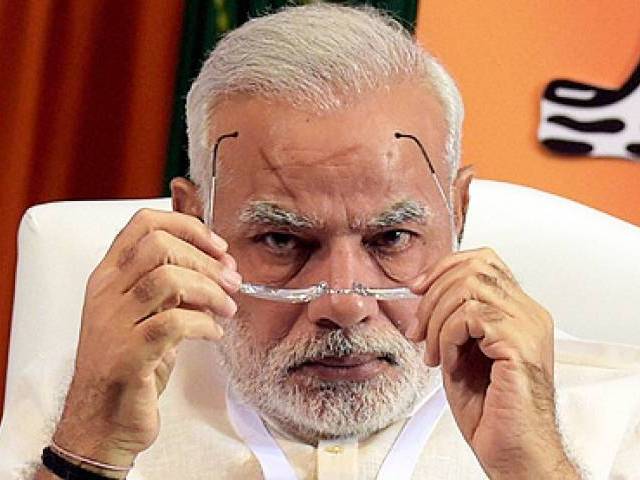The Modi government has passed an order to merge two statistical entities which are under the Ministry of Statistics and Programme Implementation. There are two main organizations, namely, Central Statistical Office (CSO) and National Sample Survey Organization (NSSO) which are concerned with government surveys and data release, and both are under MOSPI. CSO releases data on inflation, GDP and Index of Industrial Production while NSSO conducts surveys employment and consumption expenditure. “The CSO and the NSSO are two organs of the same body and need to work together. This is a measure to avoid duplication of work and leverage the strength of the statistical system. There is no dilution of independence and in fact strengthens the system,” said Chief Statistician Pravin Srivastava.
Modi government will establish a new independent body named the National Statistical Office (NSO). The recommendation for the same was made in 2005 in a report of National Statistical Commission headed by former Reserve Bank of India governor C Rangarajan. The move will materialize a 14 years long-pending decision and align the Indian statistical system with other countries. “This will help in meeting the requirement of the statistical system as a lack of control on these two bodies was one challenge presently. The National Statistical Commission will continue to work as an overarching body and at an arm’s length,” said Srivastava.
NSSO was at the centre of a controversy regarding release of ‘employment survey’ and ‘new GDP series data’. The NSSO and CSO used to work in silos and the former used to come with diverging statistics and that created controversy very often. “The administration of the statistical system will become easier with setting up of an NSO. The integration will ensure that various bodies do not work in silos,” said another government official.
NSSO was a Nehruvian institution, formulated to look after statistical requirements of Five-year planning. Professor P.C. Mahalanobis, the architect of Planning Commission (PC) conceptualized and provided intellectual support for the constitution of NSSO. It was expected to help with data backed policy formulation and feedback for national development.
Modi government scrapped Planning Commission, a socialist era institution which is no longer required to ‘free market economy’ and established NITI Aayog. However, NSSO which part of Planning Commission framework, survived for another five years. The government should have abolished NSSO in first term but ‘better late than never’. Finally an independent entity will be single window for all government data and this will bring more transparency.
Opposition parties have repeatedly claimed that the growth in the country has not translated into jobs. However, when in power, these parties never tried to bring transparency in jobs and the unemployment data. “More than a lack of jobs, the issue is a lack of data on jobs. Our opponents will naturally exploit this opportunity to paint a picture of their choice and blame us,” said PM Modi in an interview with Swarajya magazine. The establishment of National Statistical Office (NSO) will solve the bring modern methods used in developed countries for data collection instead of dilapidated socialist tools and methods.
